Global observing system needs sustainable investments
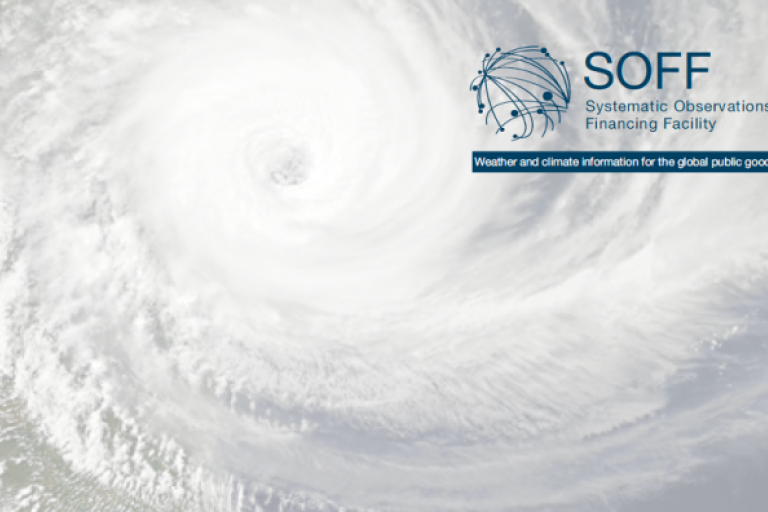
More than 100 participants representing 28 potential funders and 21 observer institutions attended the second funders’ forum of the Systematic Observations Financing Facility (SOFF) on the 28th of June to advance discussions on on the timeline and costs and benefits.
The forum built on the discussions of the first funders’ forum, and addressed key issues that delegations raised during the first forum and in subsequent consultations. It focused on clarifying the critical role of observations in the meteorological value chain and the SOFF value proposition; the proposed institutional and operational arrangements; and the roadmap to COP26 and beyond.
SOFF is an innovative financing mechanism which is being developed with strong support from the international community. It seeks to provide technical and financial assistance to developing countries to generate and exchange basic observational data, which underpin all weather and climate prediction and early warnings.
WMO and the members of the Alliance for Hydromet Development are committed to establishing SOFF, which will prioritize Least Developed Countries (LDCs) and Small Island Developing States (SIDS). These are the countries with the most serious shortfalls in observations and this has knock-on effects for the rest of the globe as it undermines the quality and reliability of global forecasts.
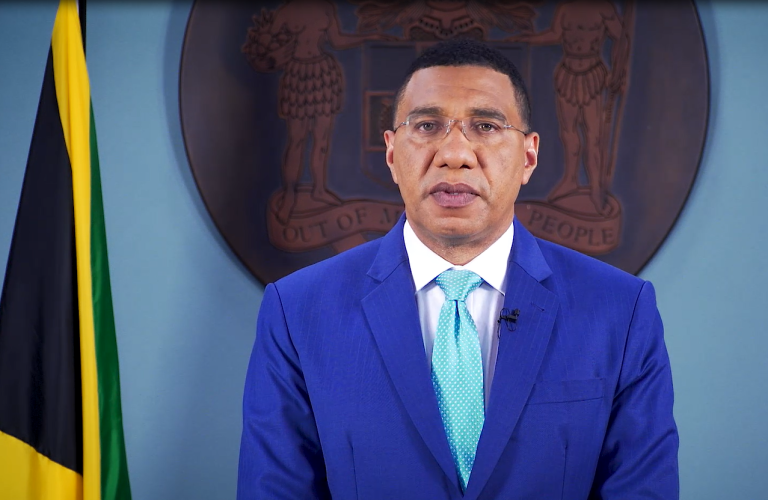
The Jamaican Prime Minister is one of a growing number of leaders championing sustained financing of an improved global observing.
The international development community has been concerned about the lack of surface-based observations for decades, and many attempts have been made to address the problem. However, the experience so far has not been encouraging: Investments made in observing systems over the last three decades have generally not resulted in a significant and sustained increase in observational data exchange and the situation is getting worse.
For Africa, the number of radiosonde observations provided to the global models decreased by roughly 50% between 2015 and early 2020 and has dropped further since.
The most frequently encountered issues are (i) lack of a global approach to address the global nature of the problem; (ii) lack of an appropriate measure of success, i.e., international data exchange; (iii) lack of predictable and long-term financial and technical support; (iv) lack of a coordinated and integrated implementation approach; and (v) lack of a realistic financing model required for sustainability.
Global Basic Observing Network
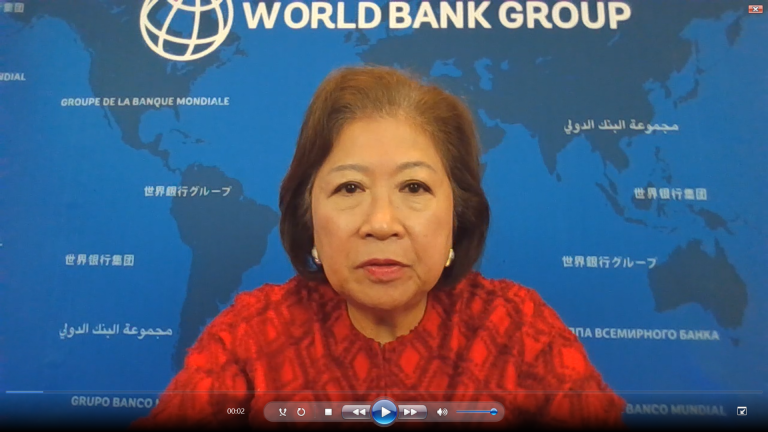
WMO Members have therefore committed to establishing the Global Basic Observing Network (GBON) to address the problem of missing observations. The potential benefits directly enabled by the full implementation of GBON, via its implementation in countries with the largest current data gaps, are estimated to exceed USD 5 billion per year.
“Weather and climate observations are essential to realize the full benefits of investments in weather forecasts, early warnings and climate information.” stated Dr Mari Pangestu, World Bank Managing Director.
According to the World Bank, every dollar invested in GBON would help unleash additional economic benefits at a benefit-cost ratio of over 25:1.
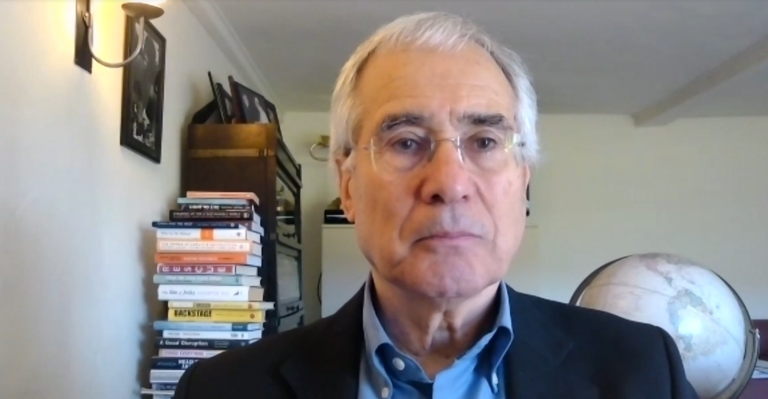
“We are committed to ensure the sustainability of investments. All these investments mean that we would have a better chance to adapt to climate change than today. Besides mitigation we have to invest in climate change adaptation,” said WMO Secretary-General Prof. Taalas.
“SOFF is an initiative that will impact our present and our future. From local to global, basic observational data are critical to provide better early warnings and climate information services for the benefit of our global society,” Prof. Saulo, WMO First Vice-President added.
The impact of increased observations in forecast performance in SOFF supported countries and globally would be regularly monitored. SOFF requires USD 400 million of financing over an initial 5-year implementation period to progressively achieve and sustain GBON compliance in all 67 SIDS and LDCs and offer Readiness phase support to other OECD ODA eligible countries.
After the initial five-year implementation period, sustaining GBON in SIDS and LDCs and its international data exchange over time is expected to require USD 50 million per year.
The aim is to announce the creation of SOFF at COP26 and to be “open for business” by mid-2022. The UN Environment Programme and UN Development Programme are committed to join as co-founders. UN Climate Change has urged progress with implementation of SOFF, and COP26 President Alok Sharma has voiced his support.
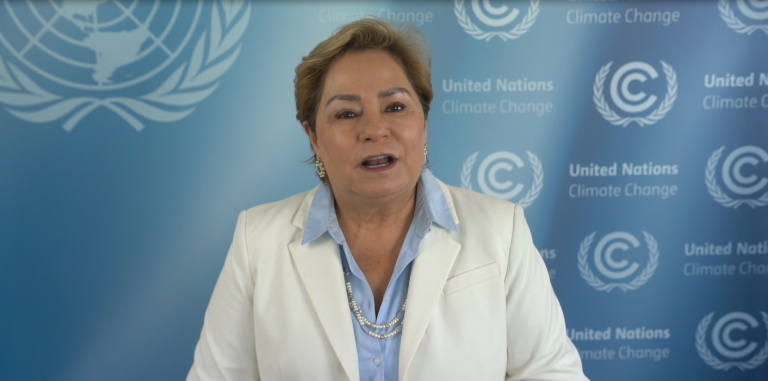
It is intended to have two more funders’ forums ahead of COP26.










